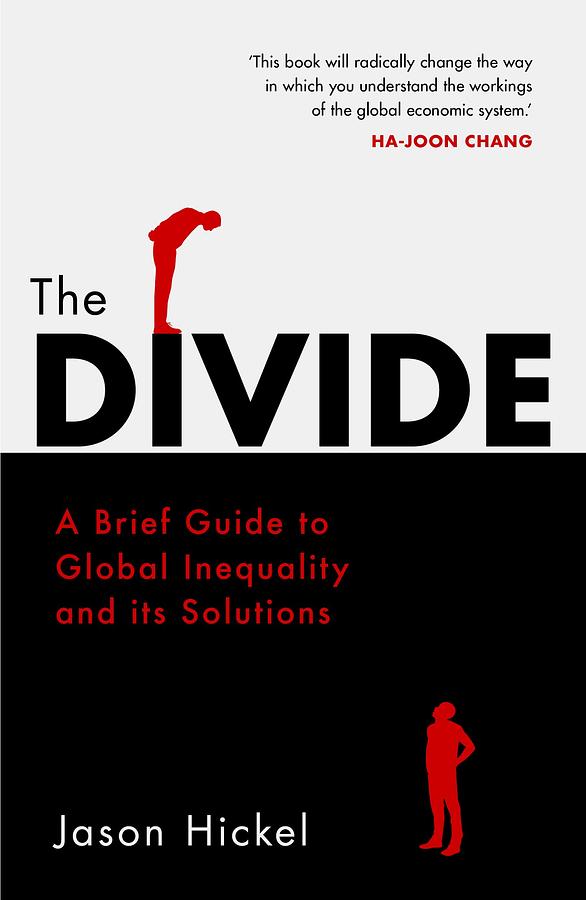內容簡介
內容簡介 As seen on Sky News All Out Politics‘There’s no understanding global inequality without understanding its history. In The Divide, Jason Hickel brilliantly lays it out, layer upon layer, until you are left reeling with the outrage of it all.’ - Kate Raworth, author of Doughnut EconomicsThe richest eight people control more wealth than the poorest half of the world combined.Today, 60 per cent of the world’s population lives on less than $5 a day.Though global real GDP has nearly tripled since 1980, 1.1 billion more people are now living in poverty.For decades we have been told a story: that development is working, that poverty is a natural phenomenon and will be eradicated through aid by 2030. But just because it is a comforting tale doesn’t make it true. Poor countries are poor because they are integrated into the global economic system on unequal terms, and aid only helps to hide this.Drawing on pioneering research and years of first-hand experience, The Divide tracks the evolution of global inequality – from the expeditions of Christopher Columbus to the present day – offering revelatory answers to some of humanity’s greatest problems. It is a provocative, urgent and ultimately uplifting account of how the world works, and how it can change for the better.
作者介紹
作者介紹 Jason HickelJason Hickel is an anthropologist at the London School of Economics and a Fellow of the Royal Society of Arts. He is originally from Swaziland and spent a number of years living with migrant workers in South Africa, studying patterns of exploitation and political resistance in the wake of apartheid. Alongside his ethnographic work, he writes about global inequality, post-development and ecological economics, contributing regularly to the Guardian, Al Jazeera and other outlets. He serves on the Labour Party task force on international development, works as Policy Director for The Rules collective, and sits on the Executive Board of Academics Stand Against Poverty. His work has been funded by the Fulbright-Hays Program, the National Science Foundation, the Wenner-Gren Foundation, the Charlotte Newcombe Foundation and the Leverhulme Trust. He lives in London.
